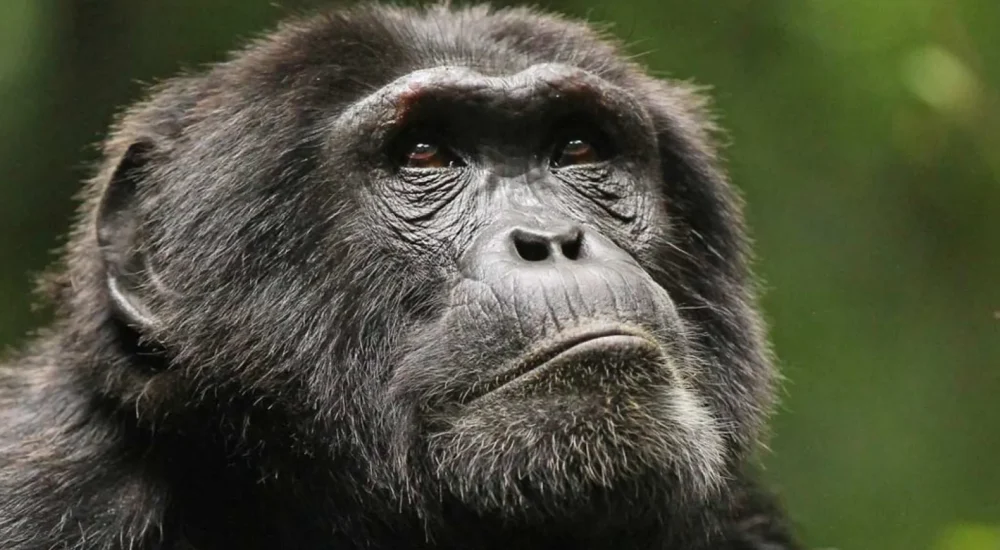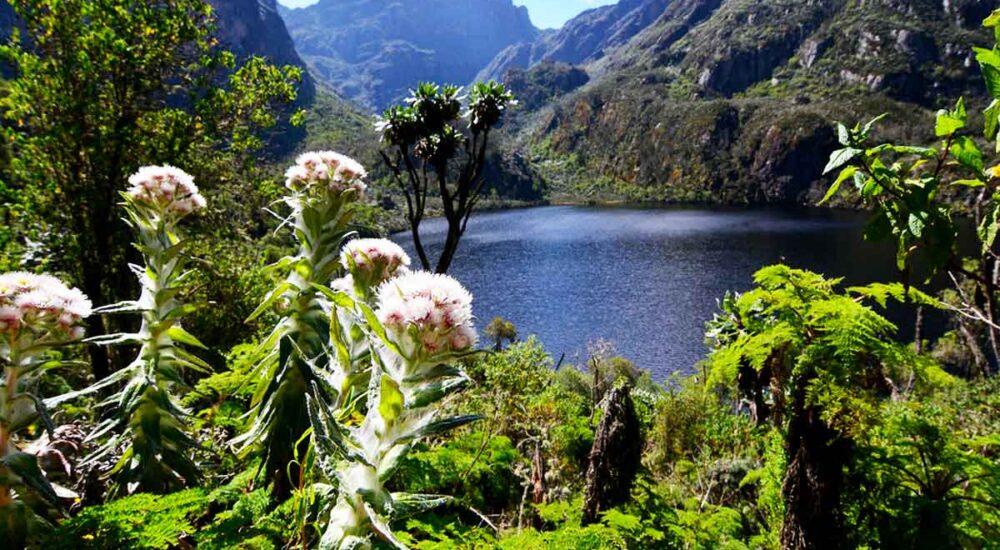If you’ve been captivated by the Netflix docuseries Chimp Empire, you're not alone. This powerful…
Which country is safer, Uganda or Rwanda?
Which country is safer, Uganda or Rwanda?
When planning a trip to East Africa, safety is one of the most important factors travelers consider. Uganda and Rwanda are two of the region’s most popular destinations, known for their stunning landscapes, rich cultures, and once-in-a-lifetime gorilla trekking experiences. But which country is safer for tourists?
This article explores various aspects of safety in both Uganda and Rwanda, including political stability, crime rates, health considerations, transportation, and natural hazards, to help you make an informed decision.
1. Overview of Safety in Uganda and Rwanda
1.1 Uganda: The Pearl of Africa
Uganda, often called the “Pearl of Africa,” is celebrated for its natural beauty, including national parks, the source of the Nile River, and gorilla trekking in Bwindi Impenetrable National Park. While Uganda has made significant strides in ensuring security, it still grapples with some challenges, including petty crime and regional unrest in certain border areas.
1.2 Rwanda: The Land of a Thousand Hills
Rwanda, known as the “Land of a Thousand Hills,” has gained global recognition for its incredible transformation since the 1994 genocide. It is now one of Africa’s cleanest, most organized, and safest countries. With its focus on high-end tourism, Rwanda boasts a reputation for strict law enforcement and political stability.
2. Political Stability and Governance
2.1 Uganda
Uganda has enjoyed relative political stability in recent years under President Yoweri Museveni, who has been in power since 1986. However, protests and opposition demonstrations occasionally lead to localized unrest, particularly in urban areas like Kampala. Tourists are advised to avoid political gatherings and protests to minimize risks.
2.2 Rwanda
Rwanda has been a beacon of stability since the late 1990s under President Paul Kagame’s leadership. The government’s strong emphasis on law and order has created a secure environment for locals and visitors alike. Political unrest is rare, and the country is known for its zero-tolerance policy toward corruption and crime.
Winner: Rwanda
With a stable government and strict enforcement of laws, Rwanda is generally considered safer in terms of political stability.
3. Crime Rates
3.1 Uganda
- Petty Crime: Pickpocketing and bag snatching occur in busy areas like Kampala, but such incidents are not widespread.
- Violent Crime: Rarely targets tourists but can occur in isolated areas or at night in urban centers.
- Safety Tips: Avoid walking alone at night, use reputable taxis, and store valuables securely.
3.2 Rwanda
- Petty Crime: Very low compared to Uganda. Kigali, the capital, is known for its safety even at night.
- Violent Crime: Extremely rare due to stringent law enforcement and community policing.
- Safety Tips: Basic precautions like securing valuables are sufficient.
Winner: Rwanda
Rwanda’s low crime rate and strong security measures make it one of the safest countries in Africa.
4. Health and Sanitation
4.1 Uganda
- Health Risks: Uganda faces health challenges like malaria, typhoid, and waterborne diseases. Access to clean drinking water and healthcare facilities varies depending on the region.
- Vaccinations: Visitors must present proof of yellow fever vaccination and are advised to take antimalarial medication.
- Sanitation: While improving, sanitation standards in rural areas can be basic.
4.2 Rwanda
- Health Risks: Similar to Uganda, malaria is a risk, but Rwanda’s healthcare system is considered more efficient.
- Vaccinations: Yellow fever vaccination is required, and antimalarial medication is recommended.
- Sanitation: Rwanda is renowned for its cleanliness, with strict regulations on littering and plastic use.
Winner: Rwanda
Rwanda’s commitment to cleanliness and organized healthcare systems gives it the edge.
5. Transportation and Road Safety
5.1 Uganda
- Road Conditions: Roads in urban areas are generally good, but rural roads can be challenging, especially during the rainy season.
- Driving Culture: Traffic in Kampala can be chaotic, with frequent congestion and limited adherence to traffic rules.
- Public Transport: Public minibusses (matatus) are commonly used but may lack safety standards.
5.2 Rwanda
- Road Conditions: Rwanda boasts excellent roads, even in rural areas, making travel easier and safer.
- Driving Culture: Strict enforcement of traffic laws ensures orderly driving.
- Public Transport: Efficient and well-regulated public buses and taxis are available.
Winner: Rwanda
Rwanda’s superior infrastructure and strict road safety regulations make it safer for travelers.
![]()
6. Gorilla Trekking Safety
Both Uganda and Rwanda are top destinations for gorilla trekking, offering well-organized and secure experiences.
6.1 Uganda
- Gorilla trekking is conducted in Bwindi Impenetrable National Park and Mgahinga Gorilla National Park under the guidance of experienced rangers.
- Security measures, including armed escorts, ensure safety in remote areas.
6.2 Rwanda
- Gorilla trekking takes place in Volcanoes National Park, with similar levels of security and professional guides.
- Rwanda’s smaller size and better infrastructure make trekking logistics smoother.
Winner: Tie
Both countries prioritize the safety of visitors during gorilla trekking.
7. Natural Hazards
7.1 Uganda
- Risks: Flooding and landslides during the rainy season can affect rural areas.
- Volcanoes: While dormant volcanoes exist in the southwest, they pose minimal risk.
7.2 Rwanda
- Risks: Similar risks of flooding and landslides exist, particularly in hilly regions.
- Volcanoes: The active Mount Nyiragongo in the DRC near the Rwandan border can affect neighboring areas, but it is not a significant risk.
Winner: Tie
Natural hazards are manageable in both countries with proper planning.
8. Cultural and Community Safety
Both Uganda and Rwanda have welcoming cultures, with locals often eager to assist visitors.
- Uganda: Known for its vibrant culture and diversity, Uganda is friendly but less structured in terms of community policing.
- Rwanda: Rwandans take pride in their hospitality and community-driven safety initiatives, contributing to an overall sense of security.
Winner: Rwanda
Rwanda’s cohesive and community-oriented approach enhances safety for tourists.
Which Country is Safer?
While both Uganda and Rwanda are relatively safe for tourists, Rwanda has the edge due to its political stability, low crime rate, excellent infrastructure, and emphasis on cleanliness and order. For travelers seeking peace of mind, Rwanda offers a safer and more seamless experience.
That said, Uganda remains a secure destination for most travelers, especially those looking for diverse activities and more budget-friendly options. By taking standard precautions and following local guidelines, visitors can enjoy a safe and rewarding trip to either country.
Whether you choose Rwanda or Uganda, both nations promise unforgettable adventures in the heart of Africa.


